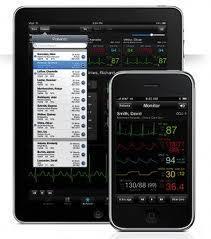Using a 3D printer, researchers at the University of Illinois have developed synthetic "bio-bots" about seven millimeters long that are powered by embedded cardiac cells that give them the ability to "walk" on their own.
The researchers say they are just scratching the surface of what is possible, with their work potentially leading to millimeter-scale medical or environmental sensors that that can seek out and neutralize harmful toxins.
The bio-bots, which are made primarily out of a flexible hydrogel, move using a long leg that acts like a flagellum. The leg is coated with heart cells from the common rat so that when the cells beat, they cause the leg to swing, thrusting the robot forward.



 Your new post is loading...
Your new post is loading...










